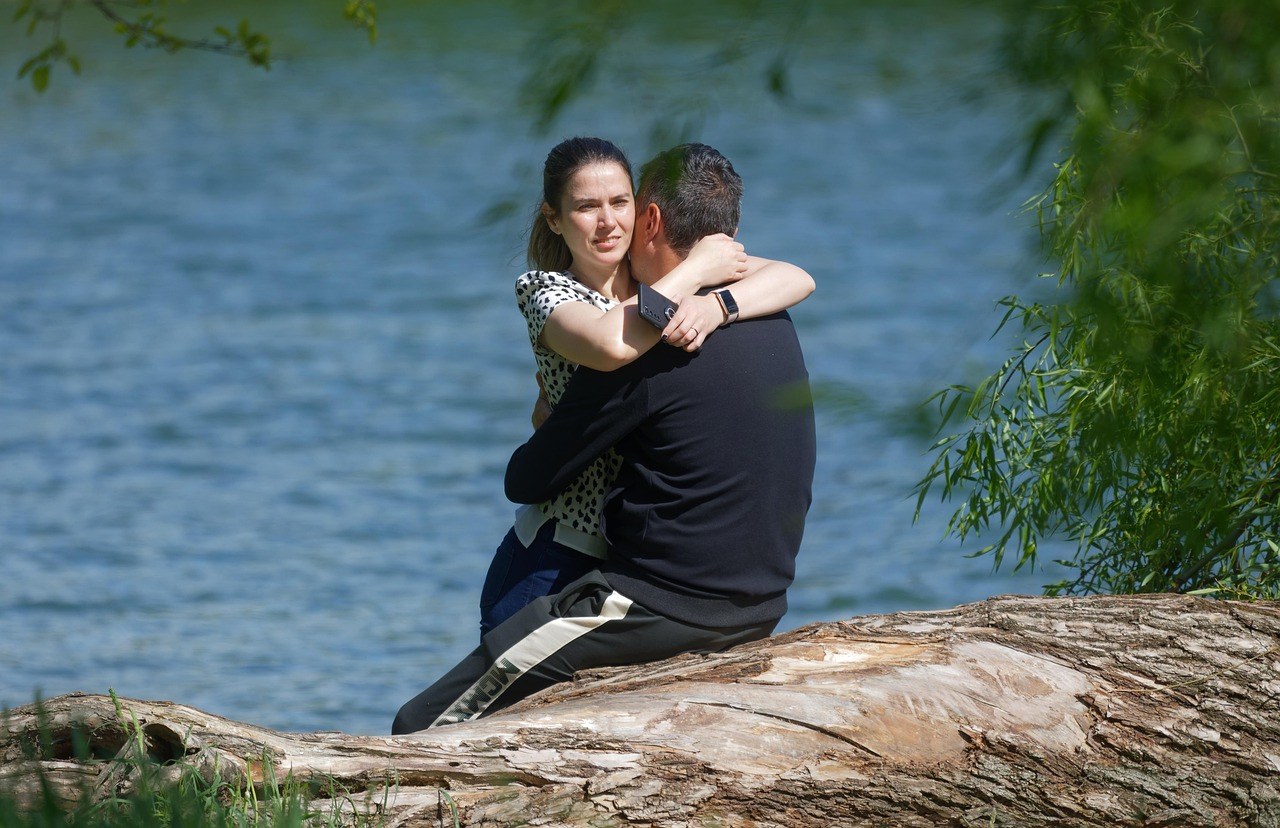You care deeply about your partner, yet unease keeps rising in your chest – a quiet alarm that says something is off. Love can be energizing and tender, but it can also be corrosive when respect, honesty, and balance go missing. Learning how to recognize the patterns of a toxic boyfriend is not about cynicism; it is about clarity. When you can name what is happening, you gain the power to respond, set boundaries, and – if necessary – walk away with your confidence intact.
The difficult part is that the early glow of romance can disguise problems. You forgive too quickly, explain away the discomfort, or hope he will simply grow out of it. But a toxic boyfriend rarely changes without a reckoning. Progress usually begins after a real conversation that names the behavior, establishes limits, and insists on accountability. If change does not follow, self-respect may require distance. The guide below reframes familiar warning signs, adds context, and helps you evaluate whether the connection you are nurturing is building you up or wearing you down.
Communication and Respect
A toxic boyfriend talks down to you. Dismissive jokes, eye rolls, or constant sarcasm chip away at your dignity over time. When someone who claims to love you treats your thoughts as trivial, it trains you to second-guess yourself. If you have already pointed out the disrespect and it continues, the pattern is not a misunderstanding – it is a choice.

A toxic boyfriend relies on gaslighting . He denies saying what you heard, questions your memory, or reframes events so you doubt your own senses. The goal is control – if you stop trusting yourself, you become easier to manage. Trust the facts you observe and keep a written record of important conversations to test reality against revisionism.
A toxic boyfriend lies as a habit. White lies seem small in the moment, but they corrode the foundation that real intimacy requires. When you cannot rely on the little details, you cannot trust the big declarations either. Over time, your nervous system stays on alert, scanning for contradictions instead of relaxing into safety.
A toxic boyfriend demonstrates routine disrespect. Boundaries are treated like obstacles rather than information about how to love you well. He might mock your preferences, ignore your limits, or show off at your expense. Respect is not a negotiable perk – it is a basic condition for partnership.

A toxic boyfriend flirts with others in your presence. Public flirting is not harmless if it makes you feel invisible. It signals that your bond is optional, that your feelings can be sidelined for attention. When you name the hurt and the behavior continues, the message is clear: your discomfort ranks below his need for validation.
A harmful partner is not present when you speak. Dates become sessions with a screen while you compete with notifications. Everyone can drift sometimes, but chronic distraction says your inner world is not a priority. Presence is a love language – without it, closeness withers.
This partner refuses to stand up for you. In healthy relationships, partners back each other when criticism is unfair. If he stays silent while others diminish you – or worse, joins in – you are left unprotected. Solidarity is not about taking sides in every conflict; it is about signaling that your dignity matters.

Control, Jealousy, and Isolation
A toxic boyfriend tries to control your choices. He may veto outfits, police your schedule, or require constant check-ins. Adults are allowed autonomy. Guidance can be loving; control is not. If your world gets smaller around him, ask why.
A toxic boyfriend normalizes extreme jealousy. A little possessiveness can feel flattering in stories, but real life is different. Jealousy that dictates where you go, who you see, or how you behave is not romance – it is restriction dressed up as care.
A toxic boyfriend isolates you from your support system. Critiques of your friends and family escalate until invitations quietly stop. Isolation makes unhealthy dynamics harder to spot because you lose mirrors that reflect reality back to you. Healthy love leaves room for the people who knew you before the relationship began.
A toxic boyfriend hides the relationship. Privacy is different from secrecy. When months pass and you remain invisible to his inner circle, the secrecy begins to speak for itself. Being treated like a secret undermines security and keeps commitment perpetually out of reach.
A toxic boyfriend avoids commitment indefinitely. No one owes lifelong promises early on, but effort should grow with time. If labels, plans, or future talk always trigger evasions, the stalling becomes an answer. A relationship stuck in limbo keeps your heart on hold.
Unequal Effort and Support
A toxic boyfriend treats your needs as optional. His preferences dominate plans, while your requests are postponed until they fade. Love is mutual; when consideration only flows in one direction, resentment accumulates like sediment and joy drains from the connection.
A toxic boyfriend turns the partnership into a one-sided project. You propose dates, start hard conversations, remember important days, and buy thoughtful gifts – while he coasts. Initiative tells the truth about investment. If you stop pushing, does anything happen at all?
He disappears when you need help. Emergencies, errands, and emotional rough patches reveal character. If he is unreachable when it matters, or offers excuses instead of action, reliability is missing. Support should not require begging.
A toxic boyfriend discourages your growth. Instead of cheering for your exam, promotion, or new hobby, he minimizes your achievements or warns you against trying. Sometimes the message is subtle – a sigh, a joke, a change of subject – but the goal is the same: keep you small to keep the power balanced in his favor.
A toxic boyfriend reduces the relationship to sex. Physical intimacy can be a beautiful part of connection, but it is not the entire story. When deeper conversations, daily logistics, and emotional care are neglected while physical demands remain high, you are not being seen as a whole person.
A toxic boyfriend treats your wallet like an ATM. Helping each other through a rough patch can be generous; habitual borrowing without repayment is exploitation. Financial boundaries protect your stability and prevent resentment from becoming the third party in the relationship.
Instability and Emotional Safety
A toxic boyfriend keeps you walking on eggshells. Mood swings, blow-ups over trivial matters, and unpredictable reactions force you to monitor every word. That hyper-vigilance is a sign that emotional safety is missing. Love should make you exhale, not brace.
A toxic boyfriend prioritizes his friends over your bond – all the time. Healthy independence includes friendships, hobbies, and solo joys. But if every weekend dissolves into nights out without you and there is no effort to build shared rituals, the relationship receives leftovers instead of attention.
What you can do next
Seeing these patterns can feel heavy, but awareness is a tool rather than a sentence. Start by naming what is happening out loud – even to yourself in a journal. If you feel safe, initiate a direct conversation and describe the specific moments that troubled you, the impact they had, and the changes you need to see. A toxic boyfriend may not welcome honest feedback at first, but clarity allows you to measure progress rather than promises. Listen carefully to actions in the weeks that follow – apologies matter less than consistent behavior.
Decide what your non-negotiables are. Respect, honesty, emotional safety, and mutual effort are common anchors for many people because they keep love from capsizing in rough water. When those anchors are missing, your body will tell you – tightness in the chest, tension in the jaw, a constant urge to explain yourself. Notice those signals. They are not drama; they are data.
If you choose to try again, set practical boundaries. Keep conversations specific and time-bound: what will change, how will you both support the change, and when will you revisit the agreement to evaluate results. Consider looping in a neutral third party if that is accessible to you – a counselor, a trusted mentor, or another steady adult. Progress is visible when the relationship expands your life, repairs become consistent, and respect shows up without being chased. When a toxic boyfriend meets boundaries with curiosity and follow-through, change is possible; when he meets them with anger or manipulation, you have your answer.
Making the hard call
Sometimes the healthiest move is distance. Ending a relationship is painful, and it is common to wonder whether you are overreacting. Keep your assessment grounded in patterns rather than isolated incidents. Ask yourself: are you healthier, more confident, and more connected than before, or are you shrinking to fit a shape that keeps changing? If love requires losing your voice, it is not love that will sustain you. Choosing yourself is not petty – it is the doorway back to steadiness.
It is also normal to miss the good moments. Many people stay because the highs feel dazzling after the lows. That emotional whiplash can train your brain to chase reconciliation instead of stability. Remind yourself: consistency is kinder than intensity. If a toxic boyfriend treats you well only when you threaten to leave, the kindness is leverage rather than care.
Give yourself permission to rebuild – routines, friendships, hobbies, sleep. As your world widens, your perspective sharpens and your standards reset. You may find that what once felt complicated is now simple: you deserve the ordinary magic of a relationship where respect is basic, attention is present, and love feels like an open window rather than a locked door.